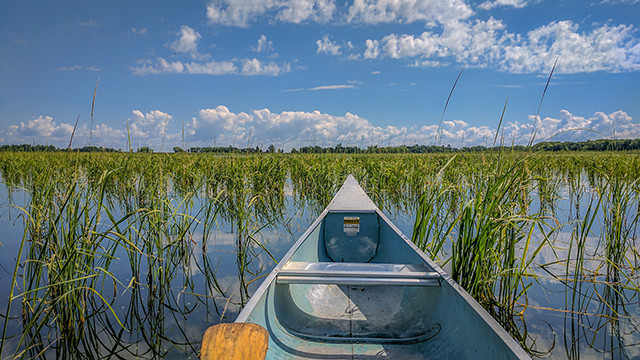Supporting Environmental Friendly Legislature and Championing Sustainability
Some states have passed environmental restoration/protection acts. They can be used to ensure that preservation of natural resources is considered by state agencies. Under some laws, the agencies may be required to prove that there is possible alternative to harming the resource before continuing.
The Minnesota Environmental Resources Act (MERA) establishes a “civil remedy” to “protect air, water, land and other natural resources located within the state from pollution, impairment, or destruction.” According to MERA, any person, political subdivision, agency, or corporation in Minnesota may submit a civil complaint to the district court for “the protection of the air, water, land, or other natural resources located within the state” as an attempt to minimize pollution/destruction.
In other words, any action against the preservation of the environment by an agency may be taken to court. This includes air pollution and traffic.
Some state environmental acts, like CEQA and SEQRA, apply to local government actions. This way, it is possible to address zoning changes that could potentially affect historic resources.
This law is beneficial in that it encourages businesses to seek more sustainable resources. However, it may increase the price of their products. For example, the palm oil that is used to make Doritos contributes to the cutting down of rainforests and air pollution. If they receive enough backlash, they would have to change the recipe to not include palm oil. As a result, a bag of Doritos would be more expensive, so that it can cover the cost of the new ingredient.
Although paying a couple more cents per bag of Doritos sounds like an inconvenience to U.S. citizens, this would greatly improve the quality of life in Indonesia. A lower demand for palm oil would lower the retrieval of it. Therefore, creating less pollution and improving the overall air quality for citizens.
It is common for people to forget that our actions have consequences, especially regarding the environment.
If you are interested in championing for a better climate, but feel that filing a “civil complaint” is too formal, attending a climate strike or signing a petition is a low cost/effort option. The general idea is to express your concern of the environment to law-makers.
Try not to be discouraged. Big corporations like to throw out scary and false statistics to trick us into being quiet. Choose persistence over doubt. By addressing problems with our environment, we can collectively improve the quality of life for all 7.53 billion of us.
Sources:
https://forum.savingplaces.org/learn/fundamentals/preservation-law/state-laws/state-environment


